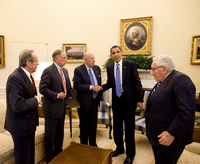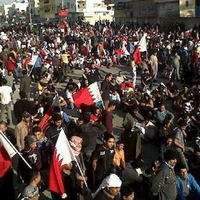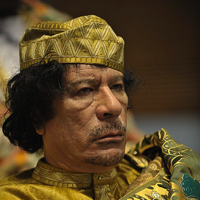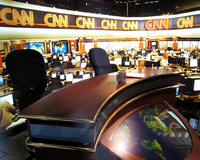
For decades now, strategic experts have predicted that our world was on the verge of a break-out in nuclear proliferation that would see us grappling with two- or three-dozen nuclear powers. Indeed, the inexorable spread of nuclear weapons is the closest thing to an unassailable canon in the field of international relations, as one cannot possibly employ the term “nuclear proliferation” without preceding it with the modifier “increasing.” This unshakeable belief, wholly unsupported by any actual evidence, drives many Cold War-era “wise men” to argue that mutually assured destruction (MAD) and strategic deterrence in general are obsolete and therefore immoral […]





